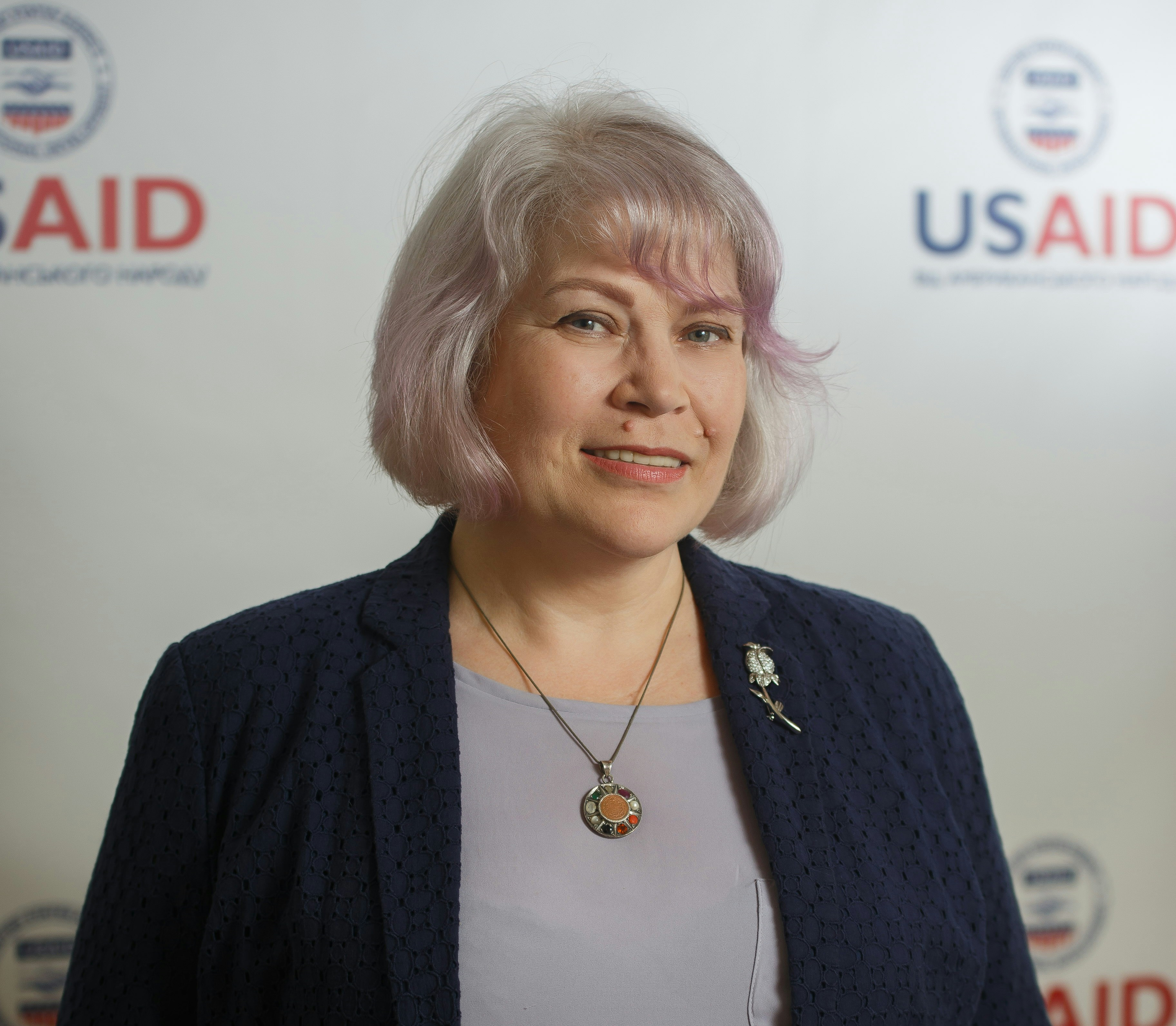Introduction of the Energy Ombudsman is particularly important during the energy market liberalization that is underway in Ukraine. The USAID Energy Security Project described the two main models for an Energy Ombudsman. In the first model (as implemented in the USA, Georgia, and other countries), the Energy Ombudsman advocates for the rights of customers and small businesses in the energy markets. In the second model (exemplified in several European Union countries and Australia), the Energy Ombudsman is an alternative judicial body, an arbitrator that resolves disputes in which the customer (household or small business) is one of the disputants. Ukraine has yet to identify which of the Energy Ombudsman models to adopt or to resolve several related issues.

“If the Ombudsman is a certain alternative judicial body resolving disputes, it should be clearly determined which categories of disputes fall under consideration by this body. You should not think that the Ombudsman can resolve all disputes: in gas, electricity, heat, water supplies, and in other utility services. Centralized dispute resolution requires centralized regulation in these fields. In Ukraine, the gas and electricity markets are centrally regulated, while the heat and water supply markets are regulated locally, as well. This duality, when there is a national regulator and local authorities, does not give customers an understanding of whom to address and with what matters. It is also important to define the powers of the Energy Ombudsman regarding complaint investigation,” says USAID Energy Security Expert Svitlana Golikova.
Outreach activity is another Energy Ombudsman function. The Ombudsman is responsible to inform customers about their rights and liabilities, analyzes complaints, and provides recommendations to the regulator on how to resolve some of most problematic issues. Therefore, it “relieves” the regulatory body.
According to Svitlana Golikova, the Energy Ombudsman office will need a staff of 25-35 employees and an up-to-date information base. “A concept has already been developed to start creating the legislative framework for the Energy Ombudsman. I hope that this matter will be brought up for wide discussion this year,” the expert adds.
In the opinion of Olga Babiy, Commissioner of the National Energy and Utility Regulatory Commission (NEURC), customers have poor knowledge of their rights and the monopolies’ obligations and, as a result, the poor quality of appeals to the regulator prevents it from fully protecting energy and utility service customers’ rights. “If a complaint contains all circumstances concerning violations committed by the monopoly, we automatically send the licensee a request for settlement. In 50% of cases, the issue indicated in a customer’s complaint is resolved in this manner, upon NEURC request. We put issues requiring additional settlement on a watch list and close them only when they are settled. If a licensee, a supplier, a monopoly, or a distribution company does not respond to customer appeals, we conduct inspections and impose punitive sanctions,” stresses Olga Babiy.
The NEURC Commissioner shared the example of a significant decrease in complaints after the national regulator imposed strict control over oblenergos (regional energy utilities) for not observing the rules on compensation for non-supply of electricity, as oblenergos know they will be penalized for any delay in compensation.

“All market players and businesses are interested in establishing the Energy Ombudsman position, as it will make communication with customers more efficient,” stated Oleksii Ryabchyn, Member of Parliament (MP) of Ukraine of the 8th convocation, former Deputy Minister of Environment of Ukraine, and USAID Energy Security Project expert. He is the author of the draft law “On the Energy Ombudsman”, which was registered in the Parliament in 2017. Though the document was endorsed by the relevant Committee for the Fuel and Energy Complex, Nuclear Policy, and Nuclear Safety, MPs of the previous convocation did not get a chance to consider it in the debating chamber.
“The opinion of the collective customer protector should be heard and it is now of particular importance when market rules are being shaped. In EU countries, there are powerful trade unions protecting the interests of customers and small companies. Unfortunately, it’s not the case here, thus customer and tariff-related matters are politically charged. I would like very much that these matters are taken for professional discussion. An institution like the Ombudsman can help with it,” comments Oleksii Ryabchyn.
According to the expert, the Energy Ombudsman is “a powerful institution, but certainly it must not interfere with the activity of an independent regulator and tariff-making.” At the same time, the Ombudsman should be “a player that is powerful enough to be heard equally by monopoly companies in this market.”
